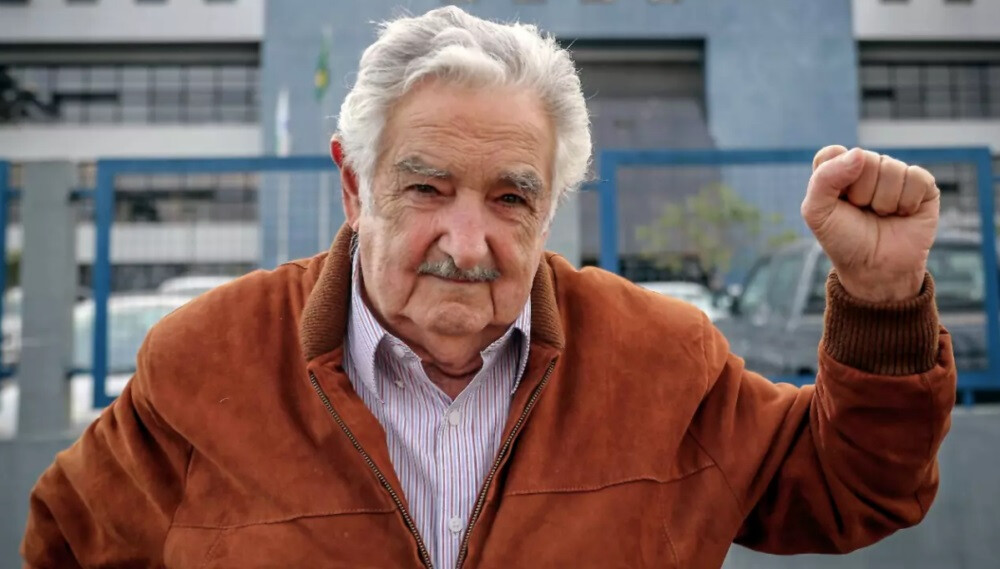
José Mujica, the former Uruguayan president known as the "world's poorest president," has been diagnosed with terminal esophageal cancer and is undergoing palliative care, his wife, former Vice President Lucía Topolansky, revealed to local media.
In an interview with the regional radio station Sarandí, Topolansky stated, "President Mujica's current condition is terminal. We are taking all necessary measures to ensure he spends his remaining life as comfortably as possible." Mujica had previously disclosed in January that the cancer had metastasized throughout his body and that, at 89 years old, he would not pursue further treatment.
Regarding Mujica's absence from the recent local elections in Montevideo, which concluded with a victory for the left-wing coalition, Topolansky explained, "Vehicle travel was too strenuous for him, and his attending physician advised against his attendance."
Uruguayan President Yamandú Orsi, Mujica's political successor, commented, "It is important to maintain dignity at every stage of life. We must allow him to be comfortable and not disturb him."
"World's Poorest President" José Mujica: His Life and Legacy
José Mujica earned the moniker "world's poorest president" due to his humble demeanor and austere lifestyle, a title he consistently rejected. During his presidency, he continued farming on his own land, maintained a frugal lifestyle, and donated the majority of his salary, choosing to reside on his wife's farm instead of the presidential residence.
Born in Montevideo, Uruguay, in 1935, Mujica joined the Tupamaros, a left-wing guerrilla group, in the 1960s. He was arrested during his guerrilla activities and spent 14 years in prison, enduring torture and harsh treatment. After his release in 1985, following Uruguay's return to democracy, he resumed his political career, serving as a senator and Minister of Agriculture. He served as President of Uruguay from 2010 to 2015.
During his presidency, Mujica garnered significant attention both domestically and internationally for his progressive policies, including the legalization of abortion, same-sex marriage, and marijuana. His anti-consumerist rhetoric and simple lifestyle inspired many worldwide, establishing him as a symbolic figure of the Latin American left.
Even after his retirement, Mujica remained active. He continued his political work as a senator and disseminated his beliefs through lectures and writings. Although he resigned from his senate seat in 2020, he continues to exert considerable influence on Uruguayan society.
The news of Mujica's deteriorating health has saddened not only the people of Uruguay but also many around the world. His life and achievements will be remembered for years to come, and his message will continue to inspire countless individuals.
[Copyright (c) Global Economic Times. All Rights Reserved.]






























